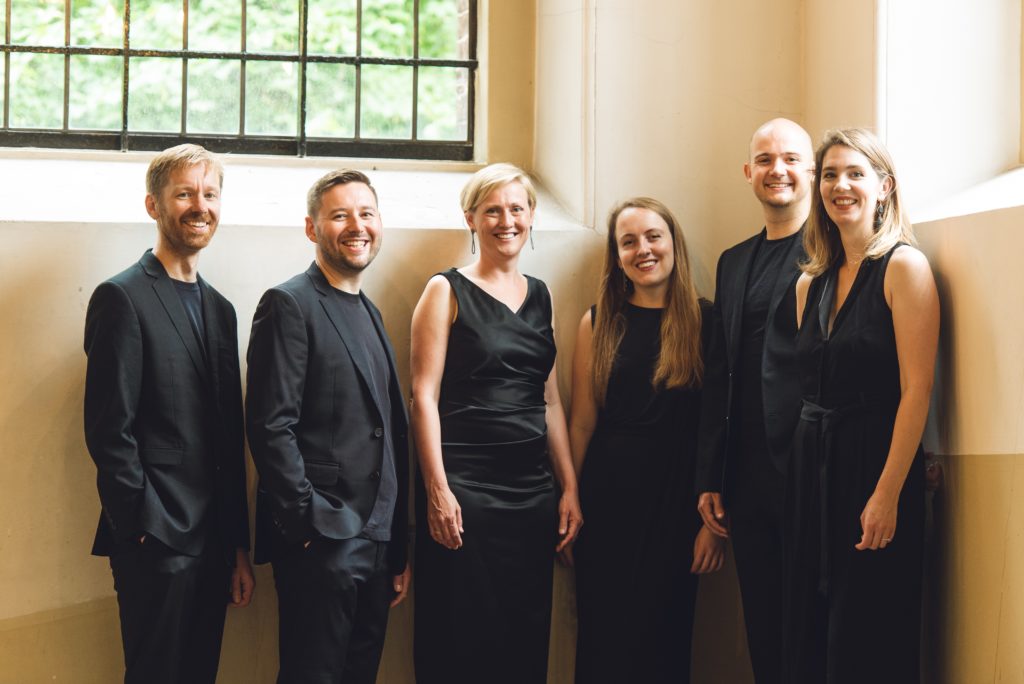
IT was good to get back to a dyed-in-the-wool, truly early, seasonal celebration. The six Marian voices, with Nicholas Morris in attendance on the portative organ, delivered A Jacobean Christmas, packed with familiar goodies at the National Centre for Early Music.
Rory McCleery, the group’s countertenor, founder and director, emceed with admirable narrative, clear and concise.
Verse anthems predominated, which gave all the singers a chance to shine individually. Byrd, still rightly the subject of year-long commemorations, took pride of place. His “Carroll for Christmas Day”, This Day Christ Was Born, with its opening three-against-three syncopations, was stunning.
No less moving, although for completely different reasons, was his five-part Lulla, Lullaby, remembering the Massacre of the Innocents amid all the festivities, a crunchy ‘false relation’ at the close crystallising its bitter-sweetness.
Less often heard, but equally effective, was Byrd’s An Earthly Tree, with mezzo (Sarah Anne Champion) and countertenor (McCreery) duetting engagingly. Its closing chorus, “Cast off all doubtful care”, in a new, quicker meter, was the perfect antidote.
A trio of numbers by Orlando Gibbons included his extended verse anthem See, See, The Word Is Incarnate – almost a biography of Christ – which was given a good deal of dramatic colour. It was also an inspired idea to include one of his 17 hymns, Angels’ Song, with its original words (nowadays sung to Forth In Thy Name O Lord I Go).
Lead soprano Caroline Halls produced ideally pure, boyish tone for the anonymous Sweet Was The Song, and her co-soprano Alexandra Kidgell was equally fluent in the verses of Martin Peerson’s Upon My Lap My Sovereign Sits, to words by the London-born, Antwerp-based Richard Verstegan.
There were further anthems from two Johns, Amner and Bull, the latter also heard in a catchy organ solo. The only non-Jacobean on the menu was Robert Parsons, but the Amen of his Ave Maria, perhaps the loveliest in all Tudor music, justified its inclusion. It dates from the 1560s and was tellingly sung from behind the audience.
Not all the anthems here need or deserved organ accompaniment, but the balance of voices, solidly underpinned by tenor William Wright and bass Jon Stainsby, ensured a satisfying evening.
Review by Martin Dreyer
